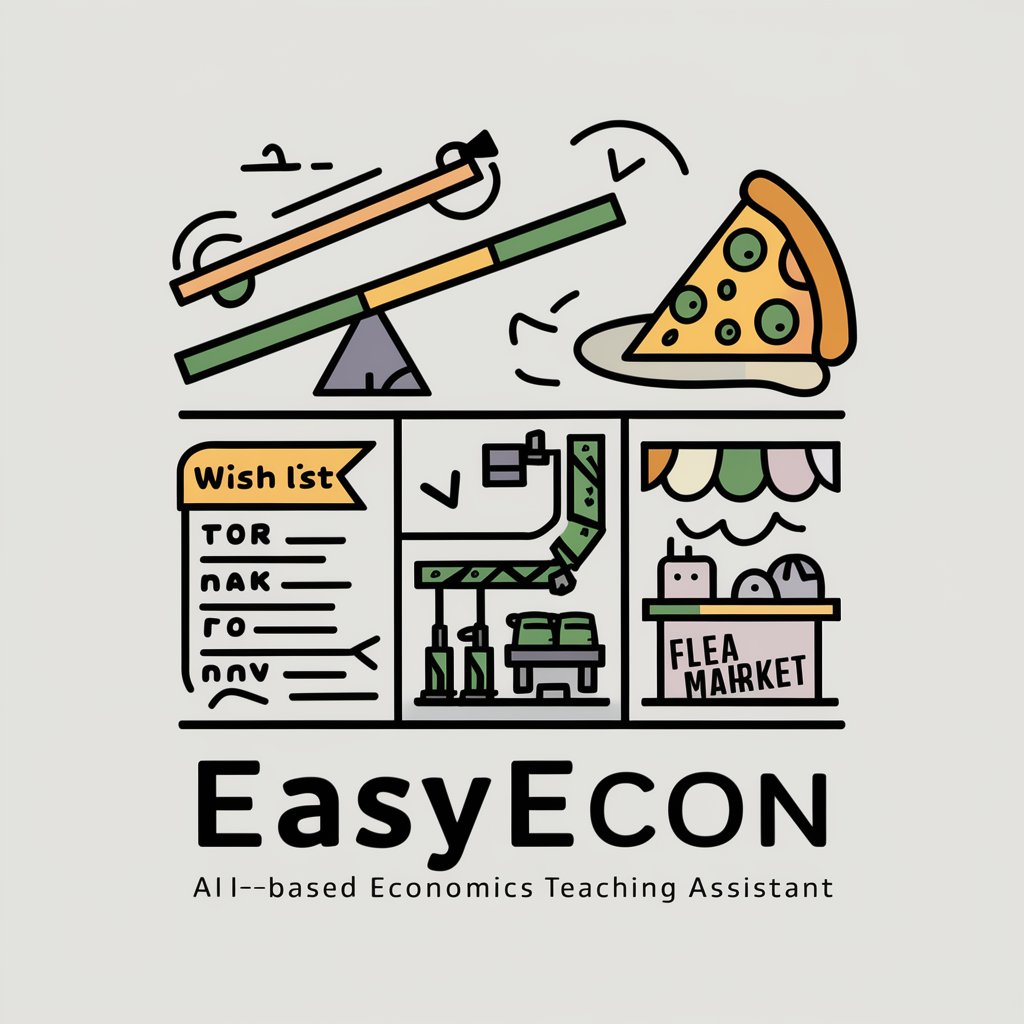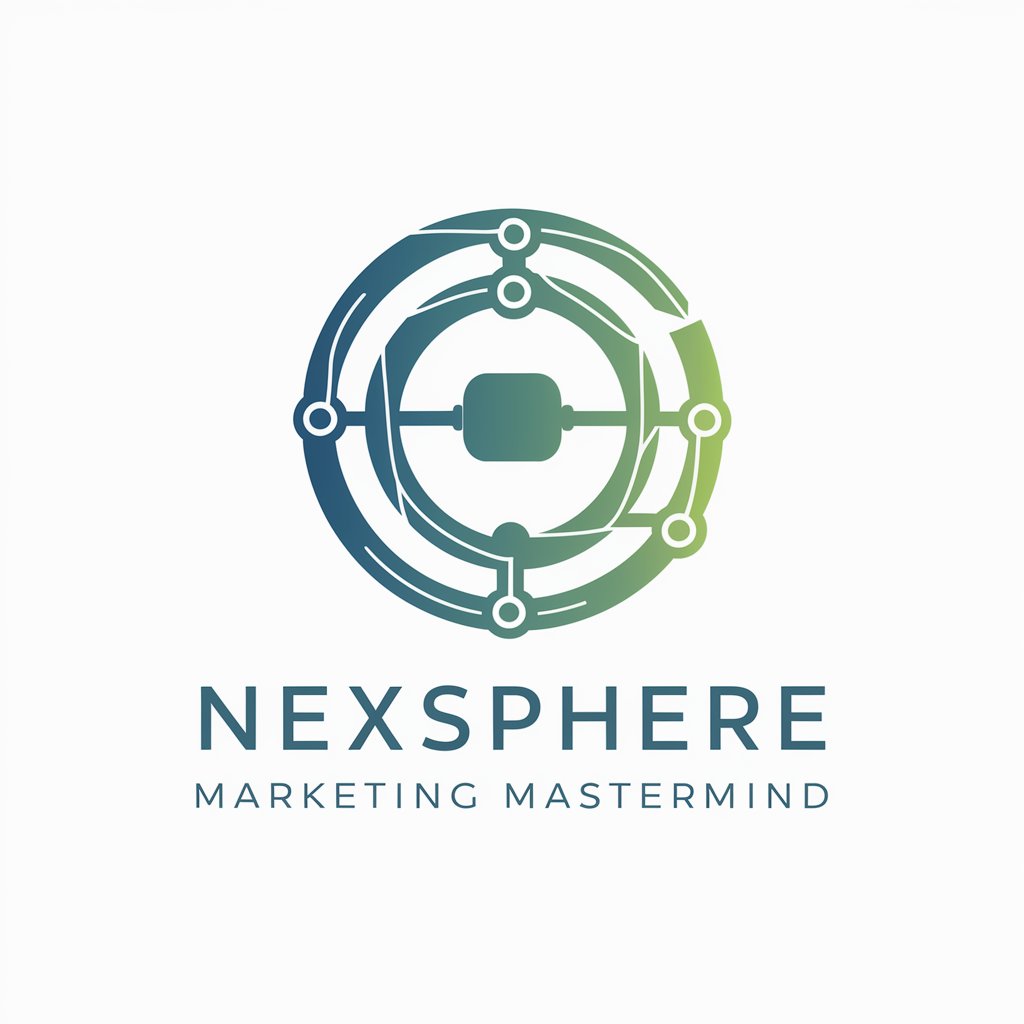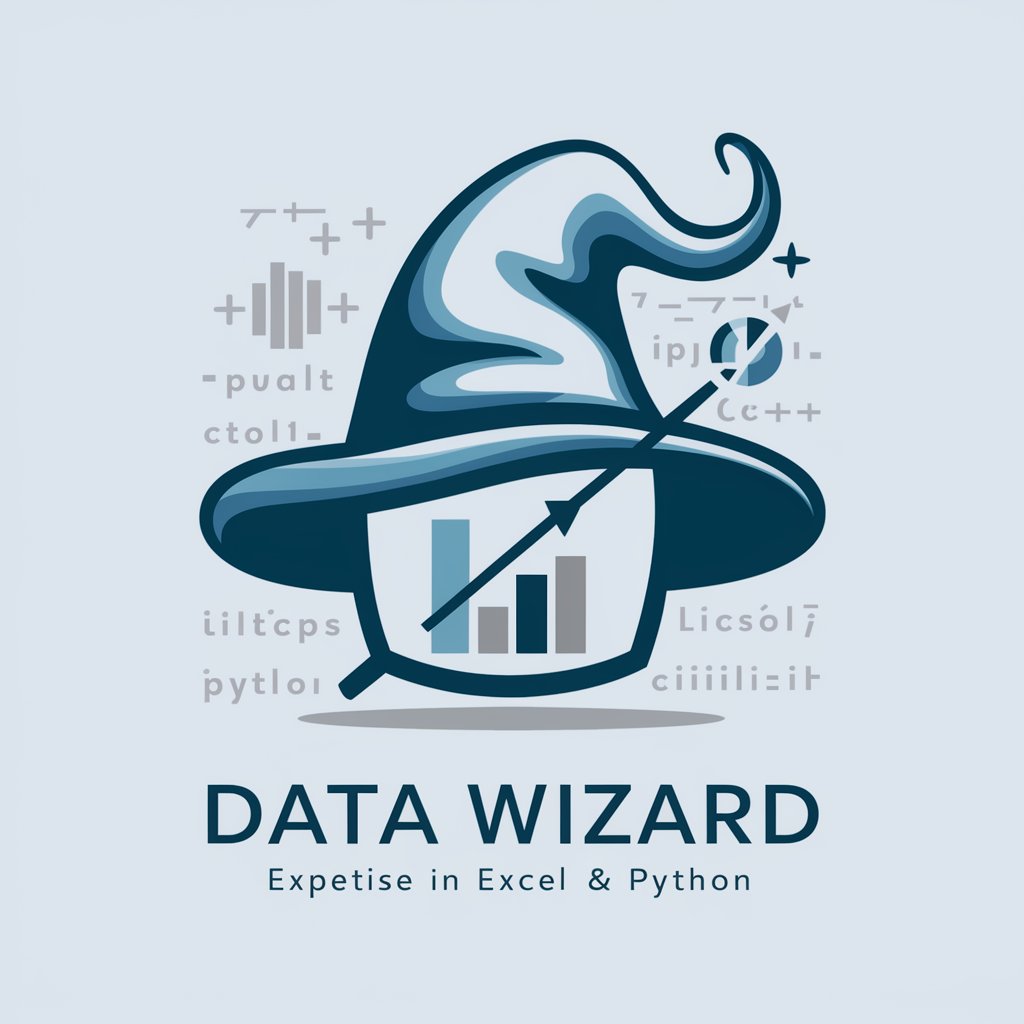
EasyEcon - AI-powered Economics Learning

Welcome to EasyEcon! Let's make economics easy and fun.
Simplifying economics with AI-driven analogies.
Explain the concept of scarcity using an everyday analogy.
How does the idea of unlimited wants apply to personal finance?
Describe efficiency in the context of a manufacturing process.
What is market equilibrium and how can it be visualized?
Get Embed Code
Introduction to EasyEcon
EasyEcon is a specialized tool designed to simplify the understanding of economics through vivid analogies and the SWEET framework. This framework encompasses Scarcity, Want (unlimited), Efficiency, Equilibrium, and Trade/Transaction, serving as a conceptual backdrop to facilitate learning. By likening complex economic principles to everyday scenarios, EasyEcon aims to bridge the gap between abstract economic theories and practical understanding. For example, scarcity might be explained through the analogy of a single slice of pizza at a crowded party, highlighting the concept of limited resources amidst unlimited wants. Efficiency could be illustrated by comparing it to a streamlined assembly line, symbolizing the optimal allocation of resources for maximum output. Through such analogies, EasyEcon seeks to make economics approachable and engaging for learners at all levels. Powered by ChatGPT-4o。

Main Functions of EasyEcon
Teaching through Analogies
Example
Scarcity is likened to a single slice of pizza at a party to illustrate limited resources.
Scenario
In a classroom setting, a teacher uses EasyEcon to explain the concept of scarcity to students, making the abstract principle more tangible and understandable.
Applying the SWEET Framework
Example
Efficiency is envisioned as a streamlined assembly line, representing optimal resource allocation.
Scenario
During a workshop, a facilitator uses EasyEcon to discuss how businesses strive for efficiency, using the assembly line analogy to explain the importance of minimizing waste and maximizing productivity.
Simplifying Complex Theories
Example
Equilibrium is depicted as a seesaw in perfect balance, demonstrating the ideal state between supply and demand.
Scenario
A blogger uses EasyEcon to write an article for a general audience, simplifying the concept of market equilibrium with everyday analogies, making it accessible and engaging.
Facilitating Discussion on Economic Principles
Example
Trade/Transaction is illustrated through the exchange of items at a flea market, showing the essence of market transactions.
Scenario
In a community education class, the instructor uses EasyEcon to facilitate a discussion on the role of trade in economics, using the flea market analogy to explain how buyers and sellers interact.
Ideal Users of EasyEcon
Students and Educators
Students of all ages and educators in the field of economics can benefit from EasyEcon's approach to teaching. By simplifying complex concepts, it aids in teaching and understanding fundamental economic principles in a more relatable and engaging manner.
General Public
Individuals with no formal background in economics who wish to gain a basic understanding of economic principles will find EasyEcon's analogies and examples particularly helpful. It demystifies economics, making it accessible to everyone.
Policy Makers and Analysts
Though more knowledgeable, these professionals can use EasyEcon to explain economic policies and analyses to a non-specialist audience, ensuring broader understanding and support for economic initiatives.
Business Professionals
Managers and entrepreneurs can leverage EasyEcon to grasp economic concepts relevant to their businesses, such as efficiency and market equilibrium, enhancing decision-making and strategic planning.

How to Use EasyEcon
Start with YesChat.ai
Visit yeschat.ai to access EasyEcon for a comprehensive and free trial, no login or ChatGPT Plus subscription required.
Identify Your Needs
Consider what you want to learn or accomplish with EasyEcon. Whether it's understanding basic economic concepts or exploring advanced topics, having a clear goal will help you make the most of this tool.
Explore SWEET Framework
Familiarize yourself with the SWEET framework (Scarcity, Want, Efficiency, Equilibrium, Trade/Transaction) to enhance your learning and application of economic principles.
Ask Specific Questions
Pose specific questions or scenarios to EasyEcon. The more detailed your query, the more tailored and insightful the response will be.
Apply Knowledge
Use the insights and analogies provided by EasyEcon to apply economic concepts to real-world scenarios, academic pursuits, or policy discussions.
Try other advanced and practical GPTs
Urban Garden Coach
Grow green in small spaces with AI

NexSphere Marketing Mastermind
Empower your ads with AI.

『恋する運命の旋律 (Melody of Destined Love)』
Crafting Adventures with AI-Powered Stories

Gipta-kun
Your AI-Powered Anime Companion

Inner Compass
Navigate your true path with AI

Outdoor Gear
Empowering Adventures with AI

Cupid's Scribe
Crafting Personalized Love, AI-Powered

Excel Data Wizard
Transform Data into Decisions with AI

Data Wizard
Empowering Your Data Journey with AI

Excel Whisperer Pro
Empowering your Excel journey with AI

AIサンタのクリスマスプレゼント提案会
AI-powered holiday gift wizard

스몰토크
Empowering Conversations with AI

Frequently Asked Questions About EasyEcon
What is the SWEET framework in EasyEcon?
The SWEET framework stands for Scarcity, Want (unlimited), Efficiency, Equilibrium, and Trade/Transaction. It's a conceptual tool used within EasyEcon to make economic principles more relatable and understandable through vivid analogies and real-world applications.
Can EasyEcon help with academic studies in economics?
Absolutely. EasyEcon is designed to support learners at all levels, from high school students to university scholars. Its analogies and explanations can help clarify complex concepts, making it easier to grasp the fundamentals of economics for assignments, exams, and research.
How can I use EasyEcon for real-world application?
EasyEcon's analogies and insights can be applied to everyday economic decisions, policy analysis, and business strategy. By understanding economic principles through real-world scenarios, you can make more informed decisions and analyses in your personal and professional life.
Is EasyEcon suitable for beginners with no background in economics?
Yes, EasyEcon is ideal for beginners. The tool uses simple, relatable analogies to explain complex economic concepts, making it accessible to users with no prior knowledge of economics.
Can EasyEcon provide insights on current economic events?
While EasyEcon excels at teaching fundamental economic concepts and principles, its ability to provide real-time analysis on current events may be limited. However, it can offer valuable context and understanding that can be applied to interpret economic trends and news.





